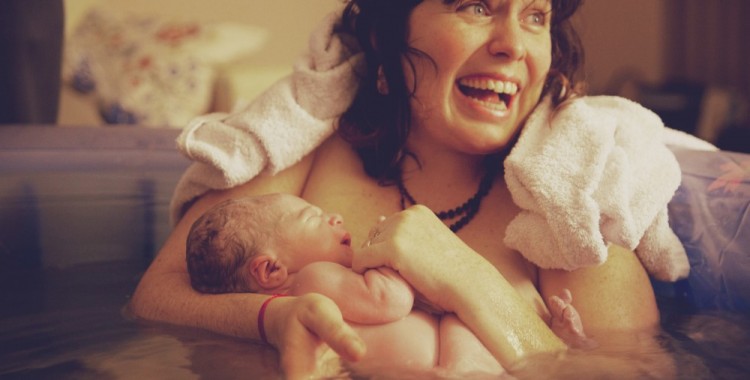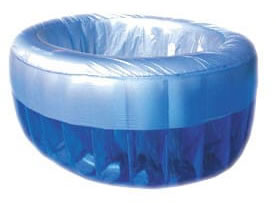At home

For a normal healthy pregnancy a homebirth is the increasingly favoured option for many women and their families. Birth at home, surrounded by family and friends and a familiar environment can be a very satisfying experience for everyone involved. The appropriateness of home as a planned place of birth will be discussed in each pregnancy with women considering this option. (See the research on the safety of homebirth here and here.
Your LMC midwife will attend the later stages of your labour at home. During birth your midwife will be backed up in the home by another Nikau midwife. The midwives bring the appropriate equipment to facilitate safe birth and provide for any extra care that could be required. Your midwife stays until you and baby are well settled. She then visits again the same day and daily until you are confident or as needed. The midwife can be contacted at any time via the 0800 4 NIKAU freephone.

Many women find immersion in warm water particularly soothing during labour and Nikau Midwives have birthing pools available for use by their clients. The pools are easy to inflate and come with a fresh liner for each family. A box of filling and emptying hoses and pump is available from your Nikau midwife. Some families choose to buy their own and keep it as a paddling pool or for future births. Search “birth pool nz” for options.
Visit the Homebirth Aotearoa website for more information and inspiration. www.homebirth.org.nz
Paraparaumu Maternity Unit
The Paraparaumu Maternity Unit is a safe place to give birth for women with healthy pregnancies. Statistics collected by the unit over the past ten years show that women who plan to birth there have higher rates of normal births and lower rates of caesarean section, forceps and ventouse births while achieving the same great outcomes for babies as those choosing to birth in hospital. Women also report a high level of satisfaction with their birth experience in the calm atmosphere of the Maternity Unit.
The difference in outcomes persists even when women require transfer to Wellington Hospital during their labour. Having started their labour at Paraparaumu Maternity Unit they are more likely to go on to have a normal birth even when transfer is required for safety. These outcomes match those found in other parts of New Zealand and internationally – click here for more information.
The Maternity Unit, built in 2003 as part of the Kāpiti Health Centre, has one labour/birth room and two postnatal rooms. The unit is staffed 24 hours a day by a District Health Board employed midwife, who provides birth backup for the Lead Maternity Carer (LMC) midwife, as well as in-house postnatal care with support for beginning breastfeeding. Once established in labour at home, and with guidance from your Nikau midwife, labouring women planning to give birth at the maternity unit will make their own way to the unit accompanied by support people. Your midwife will have informed the unit staff of your impending arrival. Your midwife will accompany you to (or meet you at) the maternity unit.
Following the birth the mother and child will have the option of going home to care for the baby in familiar surroundings or staying on in the maternity unit (generally for up to 48 hours).
Kenepuru Maternity Unit
Kenepuru Maternity Unit is also a primary birthing unit and is another good option for women in our region.
Wellington Regional Hospital
Some women may choose to birth in Wellington Hospital. This option will be discussed with your midwife who will fully support your decision wherever you choose to birth as we understand the importance of women feeling secure and able to relax in labour. Some women may be advised to birth in Wellington Hospital due to complications during pregnancy.
Wellington Regional Hospital is a tertiary level facility, meaning it has specialist staff for caring for unwell mothers and babies from around the lower North Island and Nelson. The Hospital is also the only birthing facility for women in Wellington City and provides rooms for well women and babies alongside those requiring tertiary care.